AUSTIN, Texas (AP) — A federal judge likened Texas’ strict voter ID requirement to a poll tax deliberately meant to suppress minority voter turnout and struck it down less than a month before Election Day — and mere hours after the U.S. Supreme Court blocked a similar measure in Wisconsin.
The twin rulings released Thursday evening represent major and somewhat surprising blows to largely Republican-backed voter identification rules sweeping the nation that have generally been upheld in previous rulings.
Approved in 2011, Texas’ law is considered among the nation’s harshest and had even been derided in court by the Justice Department as blatant discrimination. Wisconsin’s law was passed the same year and has remained a similar political flashpoint.
“We are extremely heartened by the court’s decision, which affirms our position that the Texas voter identification law unfairly and unnecessarily restricts access to the franchise,” U.S. Attorney General Eric Holder said in a statement. “We are also pleased that the Supreme Court has refused to allow Wisconsin to implement its own restrictive voter identification law.”
U.S. District Judge Nelva Gonzales Ramos of Corpus Christi on Texas’ Gulf Coast, an appointee of President Barack Obama, never signaled during a two-week trial in September that she intended to rule on the Texas law before Election Day. But the timing could spare an estimated 13.6 million registered Texas voters from needing photo identification to cast a ballot.
The Justice Department says more than 600,000 of those voters, mostly blacks and Hispanics, currently lack eligible ID to vote.
Gonzales Ramos’ nearly 150-page ruling says the law “creates an unconstitutional burden on the right to vote, has an impermissible discriminatory effect against Hispanics and African-Americans, and was imposed with an unconstitutional discriminatory purpose.” It added that the measure “constitutes an unconstitutional poll tax.”
Republican Texas Attorney General Greg Abbott’s office said it would appeal, but in the meantime the state may hold the election under rules that predate the voter ID law.
“The Court today effectively ruled that racial discrimination simply cannot spread to the ballot box,” said Sherrilyn Ifill, president and director-counsel of the NAACP Legal Defense and Educational Fund.
In the Wisconsin case, meanwhile, the nation’s highest court used a one-page order to grant an emergency stay sought by the American Civil Liberties Union and blocked implementation of the state’s voter ID law — overturning a decision by the 7th U.S. Circuit Court of Appeals three days earlier that declared it constitutional.
Justices Samuel Alito, Antonin Scalia and Clarence Thomas dissented. Wisconsin Attorney General J.B. Van Hollen said in a statement that he believed the law was constitutional and that “nothing in the Court’s order suggests otherwise.”
Still, Luis Roberto Vera, Jr., national general counsel for League of United Latin American Citizens, said “You can call it the perfect storm against voter ID.”
“It’s a total victory on both fronts,” Vera said.
Dale Ho, director of the ACLU’s Voting Rights Project, said the order “puts the brakes on the last-minute disruption and voter chaos created by this law,” that he said imperiled the vote for thousands of registered voters in the state.
Wisconsin advocates now have 90 days to file a formal petition asking the Supreme Court to take up the case, a deadline so far beyond Election Day that the law may not be reinstated by Nov. 4. The dissenting Supreme Court justices raised concerns that absentee ballots had been sent with no notification of the need to present photo IDs — and that there was not enough time to address this issue before voting begins.
Nineteen states have voter ID laws. Courts nationwide have knocked down challenges — including at the U.S. Supreme Court. But Texas’ case attracted unusual attention from Holder.
He brought the weight of his office to the case after the Supreme Court last year struck down the heart of the Voting Rights Act. It had blocked Texas and eight other states with histories of discrimination from changing election laws without permission from the DOJ or a federal court. Holder vowed to wring whatever protections he could from the new and weakened version, and made Texas a first target.
“Even after the Voting Rights Act was seriously eroded last year, we vowed to continue enforcing the remaining portions of that statute as aggressively as possible. This ruling is an important vindication of those efforts,” Holder’s Thursday statement said.
Abbott is the favorite to replace outgoing Texas Gov. Rick Perry in the Nov. 4 election. His office had argued that minorities and whites alike supported the law in public opinion polls. It also pointed to other states, such as Georgia and Indiana, where the similar measures have been upheld.
But opponents slammed Texas’ law as far more discriminatory. College students IDs aren’t accepted by poll workers, but concealed handgun licenses are. Free voting IDs offered by the state require a birth certificate that costs little as $3, but the Justice Department argued that traveling to get those documents imposes an outsize burden on poor minorities.
As a result, attorneys argued, Texas has issued fewer than 300 free voter IDs since the law took effect.
___
Richmond reported from Madison, Wisconsin.
___
Associated Press writer Steve Karnowski contributed to this report from Minneapolis.
Copyright 2014 The Associated Press. All rights reserved. This material may not be published, broadcast, rewritten or redistributed.





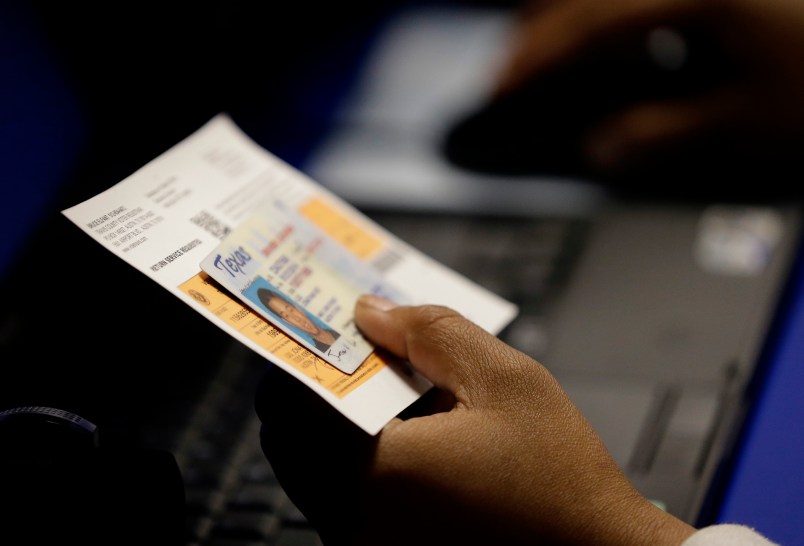
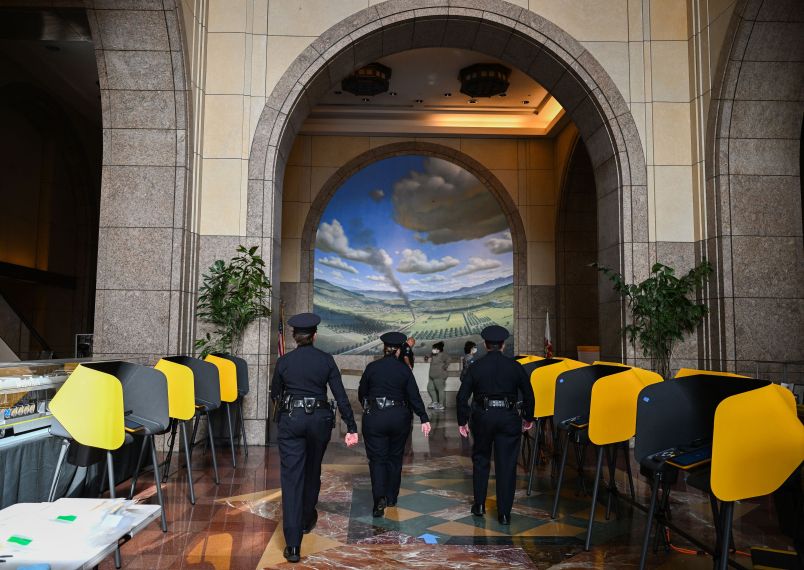
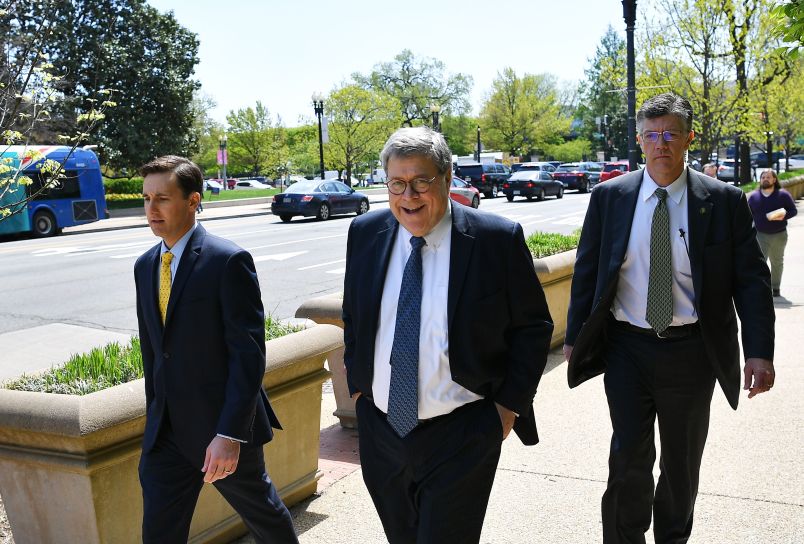
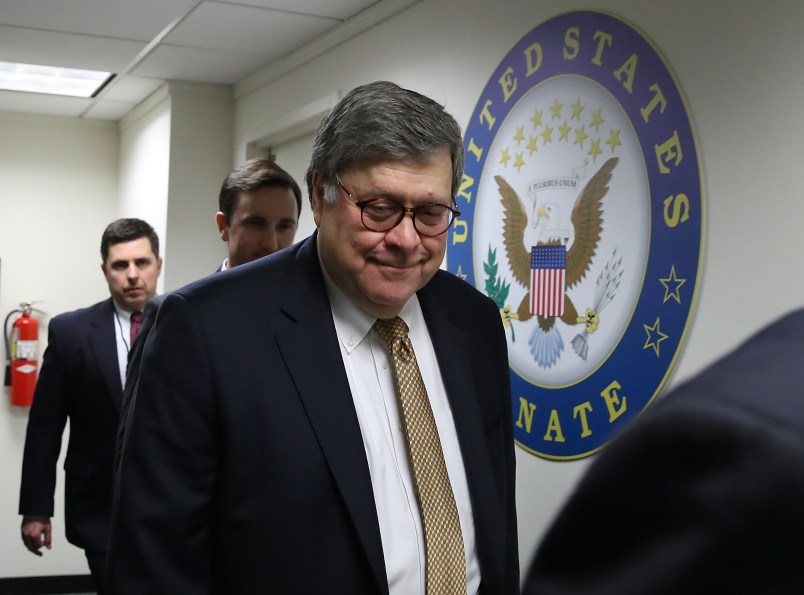
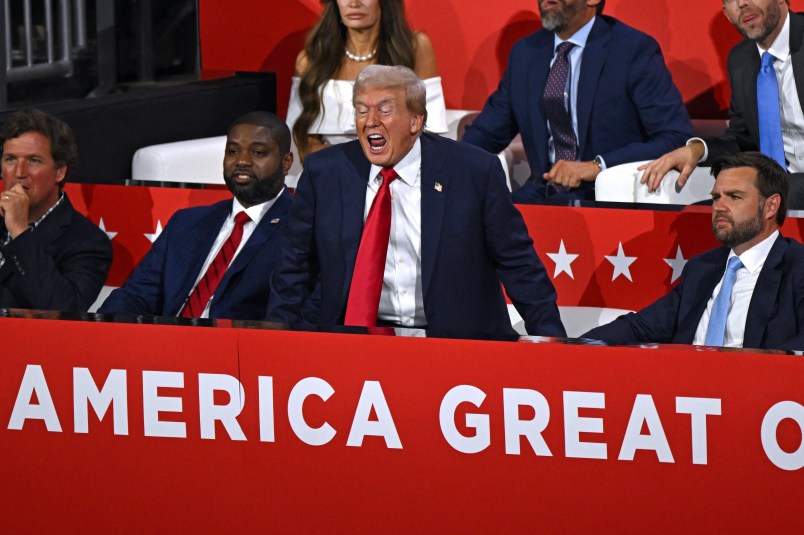
Gotta love the fact that student IDs aren’t allowable but concealed gun permits are. No politics behind that one – eh?
Open carry without an ID in Texass under the SLIME ABBOTT but you can not vote…Abbott and walleyed walker are the scourge of the earth and must be sent wheeling back home to rot…
GOTV BURKE AND WENDY DAVIS…
Wisconsin has a circular process whereby you need a certified birth certificate to get a driver’s license or state ID, and you need ID to get a birth certificate!
To get a birth certificate without a driver’s license, you need two forms of ID from the “other” menu and a US Passport is one of the possible two. That’s right, a US Passport is insufficient identification to get a certified Wisconsin birth certificate.
Oh yeah, that’ll be $20 for regular service by mail or in person, in Madison. You can also pay $20 extra for expedited service in Madison. Or you can apply by fax, which costs $40 for expedited service, plus a $6 credit card fee, plus $19 for UPS delivery.
So tell me again why the voter ID law isn’t a glorified poll tax.
I forgot to mention that Wisconsin outsources its driver’s license production to a private company, who mails you your new ID, with special anti-faking gold inlay and whatnot, in a couple of weeks. Meanwhile, they print you a temporary ID on an 8x11 sheet of paper.
That’s right, for all the rigamarole they put you through to get identified, there’s still a glaring loophole where a forger could craft his own fake temporary ID with a laptop and bubble jet printer.
There is no right the GOP won’t attempt to subvert. Nothing is excluded, especially if it interferes with the GOP’s ultimate goal: the elimination of taxes for the wealthy.